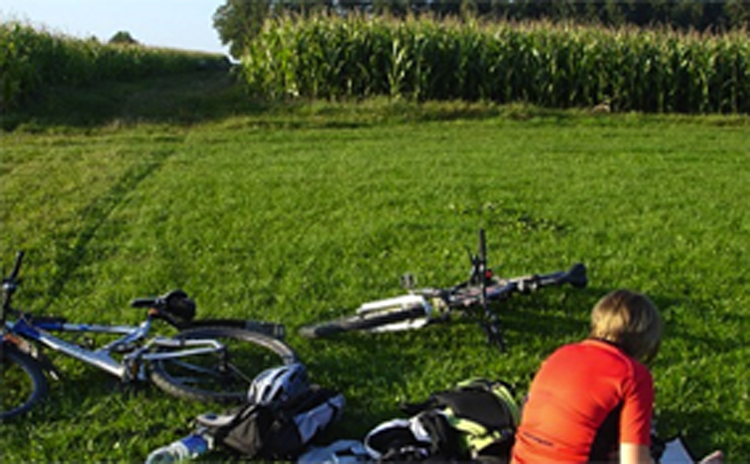
If you’ve ever seen a personal trainer or done any rudimentary research on an effective exercise routine, you know that rest and recovery are a crucial part of getting–and staying–in shape.
However, this idea of “rest” takes many forms. Shortening workouts, trying different exercises, and even skipping your workout altogether are all options that can provide you with some recovery benefit. And even if you choose to take a full rest day, you can optimize your body’s recovery with proper nutrition and hydration.
Think about what exercise actually is: We elevate our heart rates, break down muscle fibers, and secrete hormones that our body needs to motivate the next workout. And our bodies react by repairing that muscle damage, restoring energy sources, and improving the flow of oxygen throughout our bodies–this all adds up to create a stronger, more efficient human. But without proper rest, you may find yourself weaker than before.
There are several different forms of rest and ways to make the most of it. For instance:
Schedule Off-Days or Off-Weeks
Especially if you’re in an intense strength training regimen, try to schedule off-weeks every 3-5 weeks. Now, this doesn’t have to be a complete week off–you can also do less reps and reduce your load. The primary goal here is to avoid overtraining syndrome–maxing out week after week can result in additional fatigue and inflammation of your muscles.
Eat and Hydrate Properly
During exercise, your body loses a lot of fluid, and hydrating is an important part of the resting process. Whether it’s between sets of squats in a single session or between days, adequate fluid replacement will support your metabolic functions, allow efficient transportation of nutrients throughout your body, and facilitate your next workout.
And, of course, an intense workout can also deplete your body’s energy reserves, so load up on high quality proteins and complex carbohydrates, ideally within 60 minutes of your workout.
Be Nice to Your Body
Sometimes, after a workout, your muscles just need some TLC. To reduce muscle soreness and prevent future injury, consider some gentle stretches (or yoga), taking an ice bath (or using contrast water therapy), getting a massage, or even using a foam roller to loosen up those tight muscles.
Rest–Literally
During sleep, your body produces growth hormone, which is responsible for tissue repair and regrowth. So if you’re not getting high quality sleep, you might not be optimizing your workouts. Shoot for around 8 hours per night.
Recovering from exercise and physical activity is a complex process, but sometimes you need a little extra help to optimize your resting periods–ActivAided can help you maintain proper posture while resting and even while exercising. Click here to visit our online shop!
